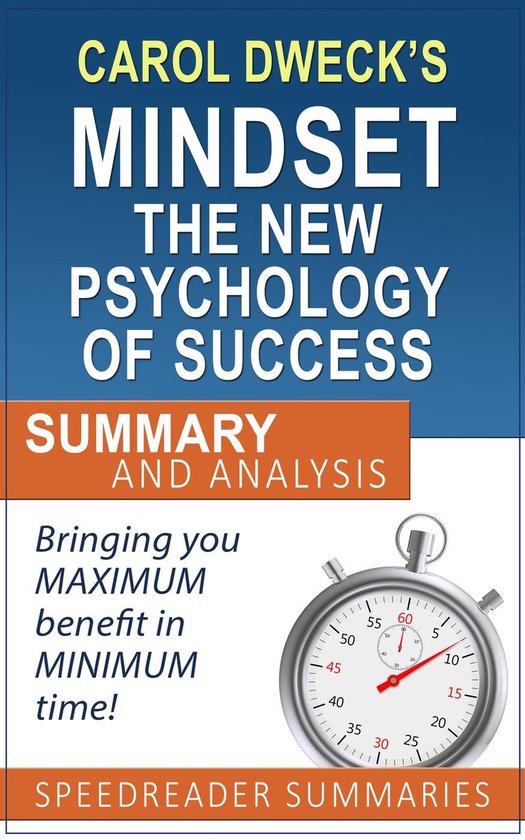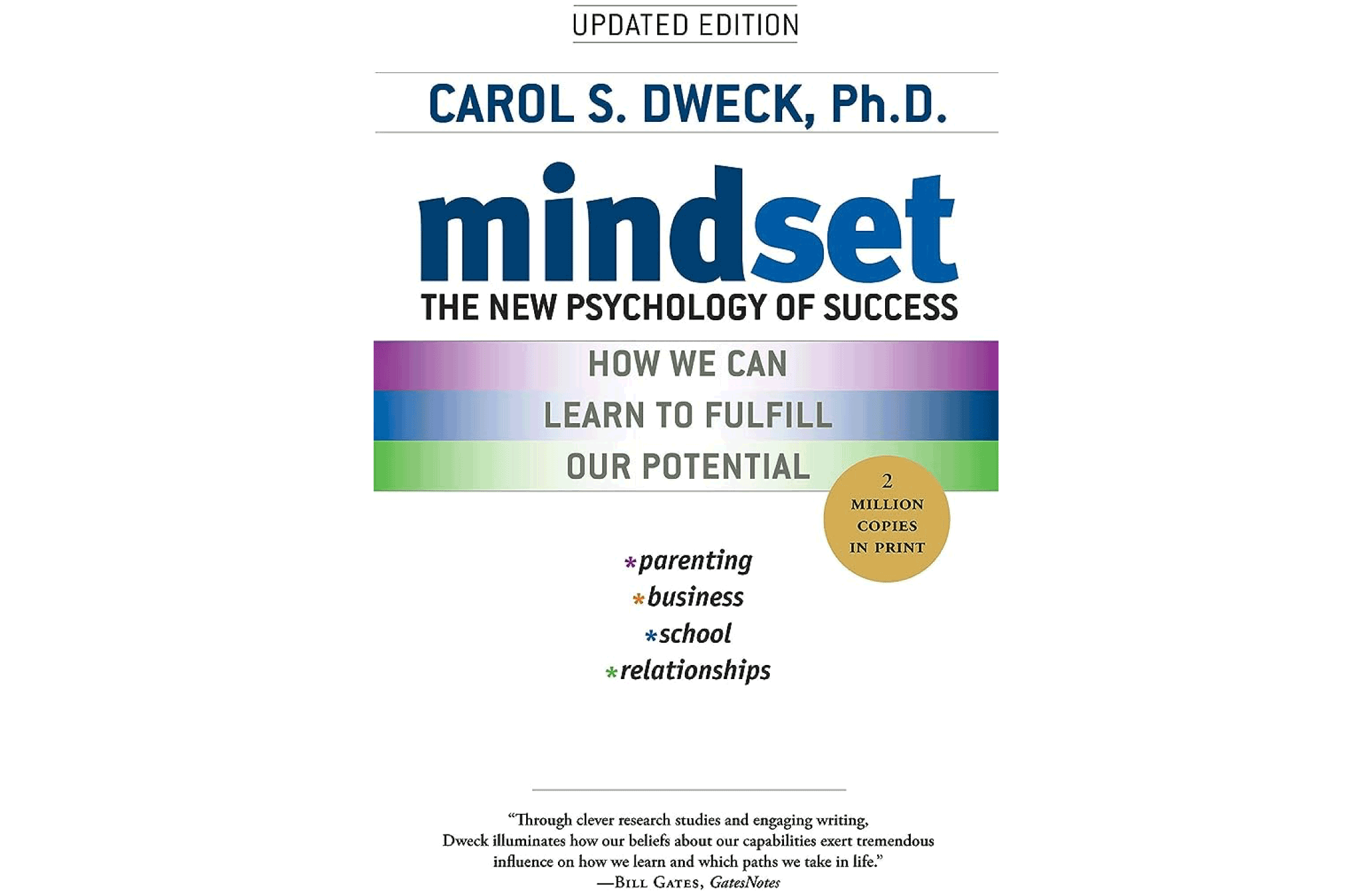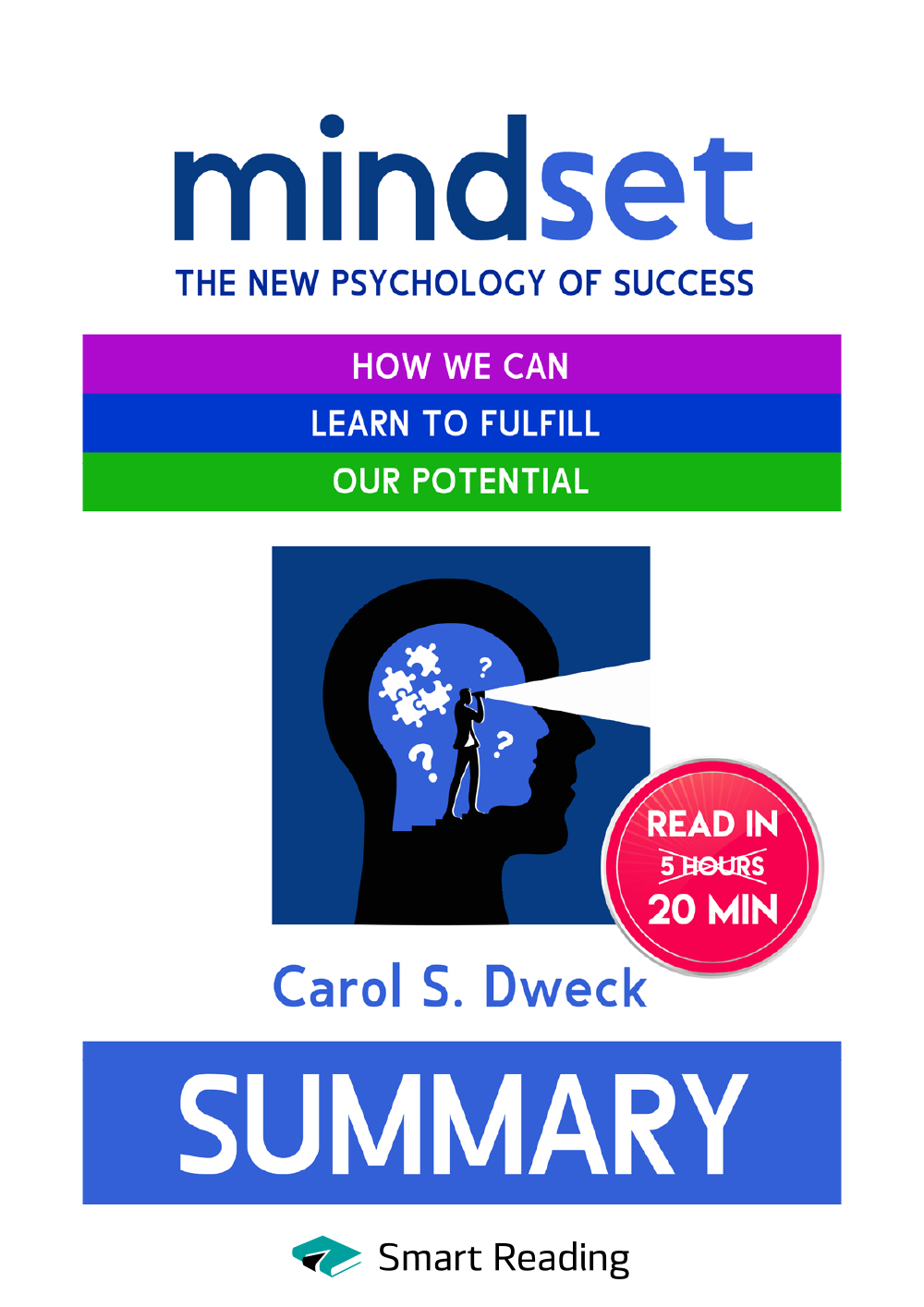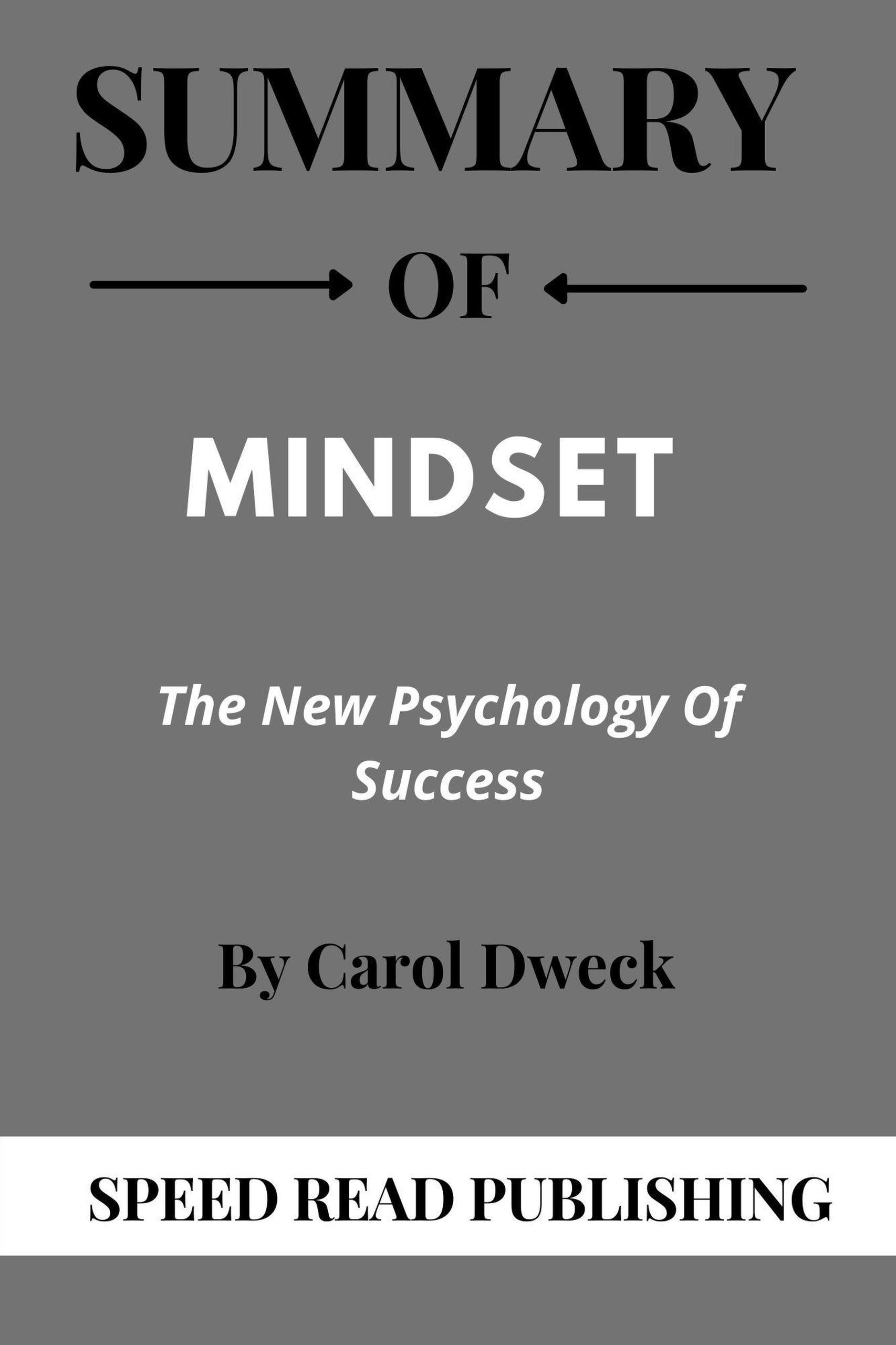Mindset The New Psychology Of Success Summary

In a world increasingly focused on achievement and personal growth, the principles outlined in Carol Dweck's groundbreaking book, "Mindset: The New Psychology of Success," continue to resonate across diverse fields, from education to business. First published in 2006, the book explores the profound impact of individuals' beliefs about their abilities and intelligence, differentiating between a fixed mindset and a growth mindset. Its enduring relevance lies in its potential to unlock human potential and foster a culture of continuous learning and improvement.
At its core, "Mindset" posits that individuals operate under one of two primary belief systems regarding their abilities. Those with a fixed mindset believe that their intelligence and talents are static and unchangeable, predetermined traits that define their capabilities. Conversely, individuals with a growth mindset believe that their abilities can be developed and improved through dedication, hard work, and a willingness to learn from mistakes.
This seemingly simple distinction has far-reaching implications for how individuals approach challenges, setbacks, and ultimately, their own success. The book delves into the psychological mechanisms behind these mindsets, exploring their influence on motivation, resilience, and overall well-being. Understanding these concepts provides a framework for fostering a more adaptive and successful approach to life's endeavors.
Key Concepts Explored in "Mindset"
The Fixed Mindset: Avoiding Challenges and Embracing Limitation
Those operating from a fixed mindset often view challenges as threats to their self-esteem. This stems from the fear of failure, which can expose perceived limitations and undermine their belief in innate talent.
Consequently, individuals with a fixed mindset tend to avoid challenges and seek out situations where they can easily succeed, reinforcing their belief in their inherent abilities. This avoidance behavior can hinder their growth and prevent them from reaching their full potential.
Furthermore, they often attribute their success to innate talent rather than effort, reinforcing the idea that hard work is unnecessary if one is truly gifted. This attribution style can lead to complacency and a reluctance to embrace learning opportunities.
The Growth Mindset: Embracing Challenges and Fostering Resilience
In contrast, individuals with a growth mindset embrace challenges as opportunities for learning and growth. They see setbacks as temporary obstacles rather than reflections of their inherent limitations.
They understand that effort and dedication are essential for developing abilities and achieving success. This belief fosters resilience and a willingness to persevere in the face of adversity.
Moreover, they view failure as a valuable learning experience, extracting lessons and insights that can inform future efforts. This adaptive approach allows them to continuously improve and develop their skills.
The Impact of Praise and Feedback
Dweck's research highlights the importance of how we praise and provide feedback to others, particularly children. Praising intelligence or talent can inadvertently foster a fixed mindset.
When children are praised for being "smart," they may become afraid of making mistakes, fearing that it will undermine their reputation for intelligence. This can lead to a reluctance to take risks and embrace challenges.
Instead, Dweck advocates for praising effort, persistence, and the learning process itself. This type of feedback encourages a growth mindset by emphasizing the value of hard work and the potential for improvement.
Significance and Applications
"Mindset" has had a significant impact on various fields, including education, business, and sports. In education, teachers are increasingly adopting strategies to foster a growth mindset in their students.
These strategies include praising effort and perseverance, encouraging students to embrace challenges, and reframing failure as a learning opportunity. The goal is to create a learning environment where students feel empowered to take risks, make mistakes, and learn from their experiences.
In the business world, companies are recognizing the importance of fostering a growth mindset in their employees. Organizations are implementing programs that encourage continuous learning, innovation, and a willingness to experiment. This can lead to a more agile and adaptable workforce, capable of navigating the challenges of a rapidly changing business environment.
Criticisms and Considerations
While "Mindset" has been widely praised, it has also faced some criticisms. Some researchers argue that the effects of mindset interventions may be smaller than initially claimed.
Others suggest that the relationship between mindset and achievement is more complex and nuanced than the book portrays. It's important to note that mindset is not the sole determinant of success; other factors, such as socioeconomic status, access to resources, and innate abilities, also play a significant role.
Despite these criticisms, the core principles of "Mindset" remain valuable and relevant. The book provides a powerful framework for understanding the psychological factors that influence motivation, resilience, and achievement.
By cultivating a growth mindset, individuals can unlock their potential, embrace challenges, and achieve greater success in all areas of their lives. "Mindset" continues to serve as a powerful tool for personal and professional development, inspiring individuals and organizations to strive for continuous improvement.


















